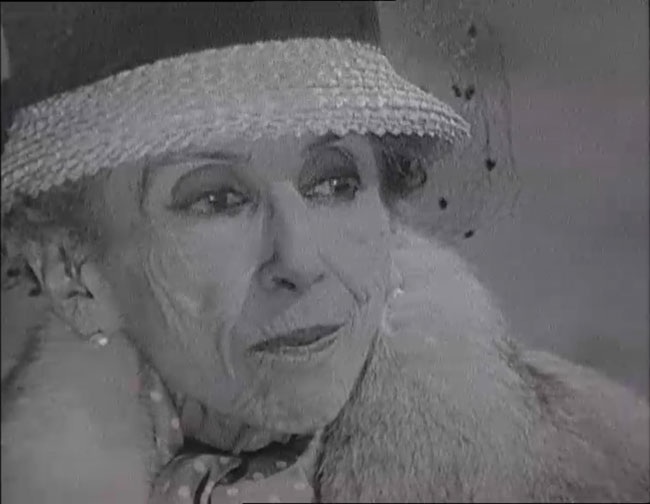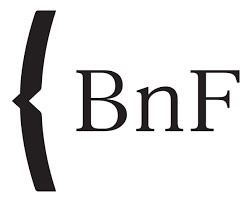Karen Blixen (1885-1962)
-
Réalisé par Jean-Noël Cristiani • Écrit par Jean-Noël Cristiani
-
France • 1995 • 45 minutes • Betacam SP • Couleur
- Réalisation :
Jean-Noël Cristiani - Écriture :
Jean-Noël Cristiani - Image :
Jean-Noël Cristiani, Marc Seferchian - Son :
Xavier Vauthrin - Montage :
Michel Camier - Voix off :
Stéphane Audran, Jean-Claude Dauphin - Mixage :
Lionel Thiriet - Documentaliste :
Edwige Laforêt
- Production (structure) :
INA - Institut National de l'Audiovisuel - Diffuseur :
France 3, DR - Danish Broadcasting Corporation - Participation :
CNC, DR - Danish Broadcasting Corporation, Ministère de la Culture. Dir. des affaires internationales (DAI), Procirep - Ayant droit :
INA - Institut National de l'Audiovisuel
- N° ISAN :
non renseigné
Résumé
En 1931, Karen Blixen doit vendre sa ferme africaine. Elle écrit à son frère Thomas : "Il y a toujours, pour chacun de nous, quelque chose qui est plus important que tout le reste et je crois bien que, pour moi, c'est la liberté ou bien l'espace".
À 46 ans, elle revient dans la maison familiale de Rungstedlund, près de Copenhague. Elle s'enferme pour écrire, soutenue financièrement par sa mère et son frère.
Cinq ans après son retour d'Afrique, Karen Blixen part dans un village de pêcheurs, à la pointe nord du Danemark, à Skagen. Elle écrit La Ferme africaine.
Les correspondances entre le Kenya et le Danemark révèlent le but du voyage en Afrique : "L'air est l'élément essentiel de la vie et du paysage africain. Quand on fait le retour en arrière après un séjour de plusieurs années dans les hautes terres d'Afrique, on a l'impression curieuse que la vie s'y écoulait en l'air."
En 1958, elle écrit un conte sur l'art de la cuisine, Le Dîner de Babette.
Le film donne un écho de cet "état de seconde enfance vraiment céleste" qui nous vient des contes de Karen Blixen
In 1931, Karen Blixen must sell her African farm. She wrote to her brother Thomas : "There is always, for each of us, something more important than anything else and for me, I think, it is to be free and to have space".
At 46, she came back to the family house in Rungstedlund, near Copenhagen. She shut herself up to write, supported financially by her mother and her brother.
Five years after she came back from Africa, Karen Blixen went to the fishermen village of Skagen, in the northern healdand of Denmark. There, she wrote The African Farm.
The conformity between Kenya and Denmark reveals the goals of her trip to Africa : "The air is the essential element of life and of the African landscape. When you go back after a stay of several years in the African highlands, you feel curiously that life was spent up in the air".
In 1958, she wrote a tale on the art of cooking, Babette's dinner.
The film echoes that "heavenly state of childhood" emanating from Karen Blixen's tales.
Collection
Sélections et distinctions
- 1997 • Images en bibliothèques • Paris (France) • Film soutenu par la Commission nationale de sélection des médiathèques
Comment avoir accès au film ?
-
Édition DVD
- Il n'existe pas d'édition DVD à notre connaissance
-
Accès VOD
- Il n'existe pas d'accès en VOD à notre connaissance
- Diffusion non commerciale / Consultation


